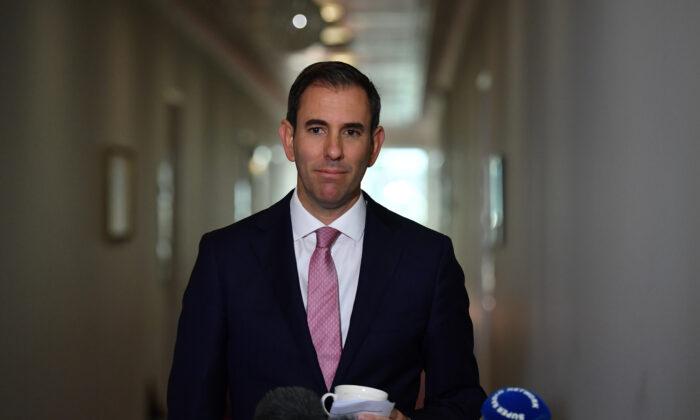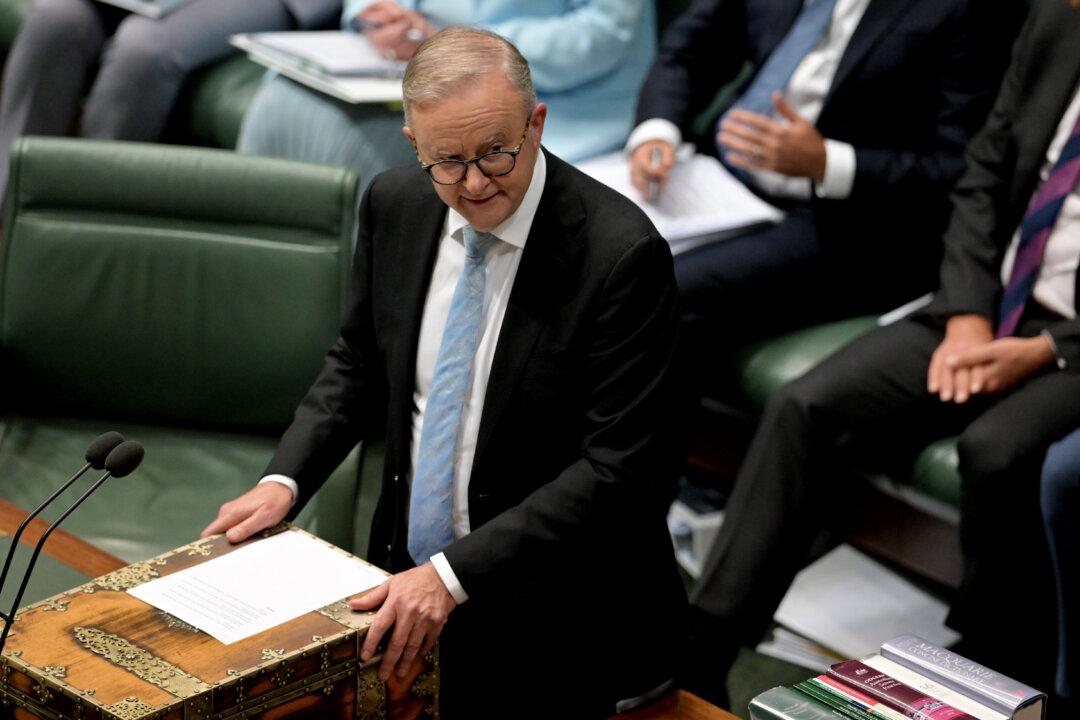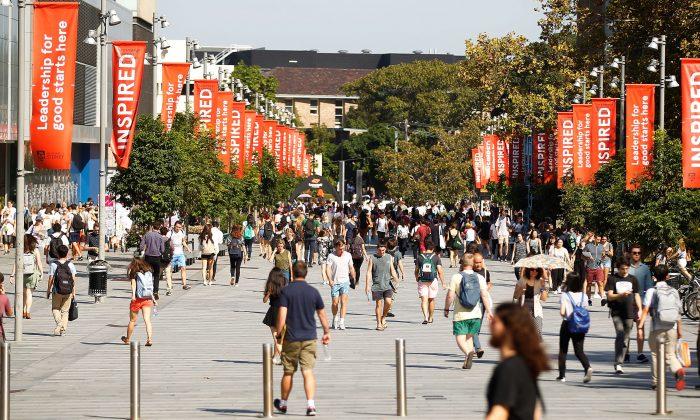Australian Treasurer Jim Chalmers is hoping that inflation will lose steam in 2023 after reaching its peak in the December quarter of 2022.
Ahead of the release of the December quarterly inflation figures, the treasurer said he hoped to see a drop in the inflation rate.
While Chalmers said the Treasury and the Reserve Bank expected inflation to peak in the December quarter, he warned that living cost pressures would not ease up.
“We'll know before long whether or not that was the peak or not,” he told reporters in Brisbane.
“The Australian economy will begin to soften a bit this year, and that is the likely inevitable consequence of higher interest rates and a slowing global economy.”
Regarding the upcoming May budget, Chalmers said the government would provide some living cost relief to Australian households.

However, he noted that there was a limit to what the government could offer as it wanted to avoid adding fuel to the inflation fire.
“That’s why our economic plan is cost-of-living relief in a responsible way and growing the economy without adding to these inflationary pressures,” Chalmers said.
The government’s inflation forecast was made after economic data showed that shipping and housing costs had fallen quicker than anticipated.
However, the current state of the Chinese economy is still an unstable factor affecting Australia’s economic outlook.
“The Chinese economy will obviously have a big impact on the performance of our own economy,” Chalmers said.
Opposition Says Labor Underestimated Living Cost Pressures
Meanwhile, Opposition Leader Peter Dutton said the Labor government underestimated the impact of rising living costs on businesses and workers as it rolled out new policies.Additionally, he said 2023 would be a tough year for Australians as Labor intervened in the energy market.
“The Treasurer is trying to put all sorts of spin on what will be in the May budget,” he told Sky News.
“They’re making decisions, including in the energy policy area, that will have upward pressure on bills and will introduce a lack of reliability within the system.
“That’s going to be a disaster for small businesses and manufacturing who will just take their manufacturing offshore.”
Nevertheless, Chalmers defended the government’s coal and gas price caps, saying they were a necessary intervention.
Specifically, wholesale prices plummeted from $213.49 (US$149) per megawatt hour to $132.84 per megawatt hour in New South Wales (NSW) from Nov. 30 to Dec. 21, while Queensland’s prices dropped from $219.91 to $124.18 during the same period.
Major Consultancy Firm Warns of Recession
As the Reserve Bank of Australia continues its monetary tightening policy, consultancy firm Deloitte has warned that Australia could fall into a recession if the central bank keeps raising interest rates.This comes as Deloitte Access Economics forecasts that Australian economic growth will experience a significant fall in 2023 as the recovery supported by consumer spending loses steam.
Other factors contributing to the slowdown include falling house prices, high inflation, low consumer confidence levels, and negative real wage growth.
“Any further increases in the cash rate beyond the current 3.1 per cent could unnecessarily tip Australia into recession in 2023,” partner Stephen Smith said in comments obtained by AAP.
“At the same time, real household disposable income per capita–a key measure of prosperity–is falling and will finish the current financial year at levels last seen before the onset of the pandemic.
“There is no doubt that Australian households are starting to hurt.”
In the case of an economic downturn hitting Australia, Deloitte expected southeastern states to be subject to greater damage due to their higher levels of consumption and more expensive housing markets.
Meanwhile, Prime Minister Anthony Albanese said the Australian economy had strong elements that could insulate it from worsening economic conditions.
He cited the near-50-year low unemployment rate of 3.5 percent and a peak inflation rate that was forecasted to be lower than eight percent in the December quarter of 2022.






Friends Read Free